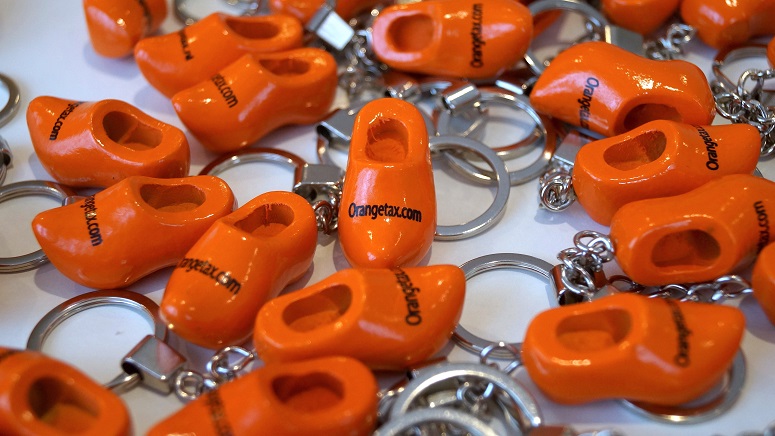Your company might have a branch in the form of a BV company in the Netherlands or an identical registration of your foreign legal entity. The issue that might arise then is the salary of the shareholder of the branch registration.
Salary versus dividend
The fun for most managing directors sole shareholders is to earn a lot of money, not get paid a salary at high progressive rate, but only enjoy a dividend payment. That fun was spoiled many years ago in the Netherlands.
In the Netherlands we have social benefits for poor people. Poor people are people with no or nearly no income. Such as the managing director sole shareholder who earned no salary income, but did cash a million in dividend. He is poor as he has not salary income.
The consequence is that this poor managing director sole shareholder can take out a rent benefit, should he rent, a health care insurance benefit or a day care center benefit.
But is he poor with the one million in dividend? I doubt that is the case. So why have him benefit from social benefits for the true poor?

Salary of the shareholder of the branch registration – Minimum salary requirement
That made the Dutch Government make that the salary of a shareholder employee cannot be less than EUR 45.000 or less than the highest paid employee other than himself in the company or less than 75% of a person in a similar position.
That rules out the salary of the shareholder of the branch registration to be used to obtain social benefits, as the minimum of EUR 45.000 makes that most benefits cannot be applied for anymore.
How to determine what is the salary of a person in a similar position in a country like the Netherlands where nobody tells anybody their true salary, but with loans and open curtains at night showing off their latest TV screen. On the other hand, the tax office knows the salaries of all persons, but they will not share their information. Bottom line is then that you simply take 75% of the result of the company from which the salary of the managing director shareholder has been deleted from.
But does this rule apply to me, I have a UK Ltd registered in the Netherlands. The UK does not have this rule.
The UK, or any other country, might not have this rule. But for Dutch tax purposes you are a managing director sole shareholder. The company is subject to corporate income tax in the Netherlands, your salary is subject to Dutch wage tax, hence you are under the Dutch rules.
How will they ever know about the correct salary of the shareholder of the branch registration taken out?
This is a simple answer. The Dutch tax office only works with digitally filed tax returns. So in their control room they tick the box result company, tick the box salary of the shareholder and the computer calculates if it is correct. The 2011 court cases show that if not correct, the tax office will make corrections going back 5 years, which made each company in those court cases go bankrupt, as the amount is increased with penalties. The court cases also show that minor shortages in salary are equally harshly adjusted, which made us wonder if it really should be this harsh.
How can Orange Tax Services help out?
That is easily answered. If your company is our client we do our best to have done the fourth quarter VAT return in early January, so we know the result of the full previous tax year. Based on that result we calculate what the salary should be. Under the 30% ruling a salary using 100% of the result, so no taxable result left over, is most efficient. Non 30% rulers we will set at 75% salary of the result. That implies in January we update the previous December salary to match the criteria of this legislation.





